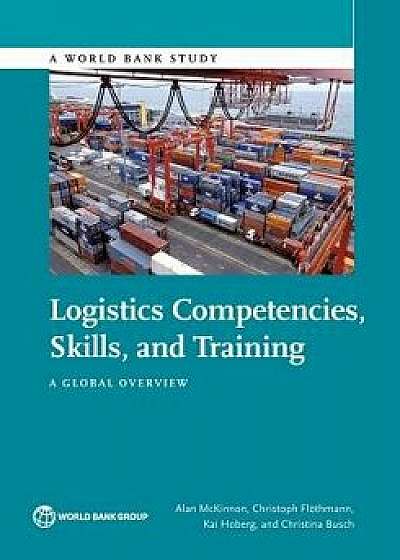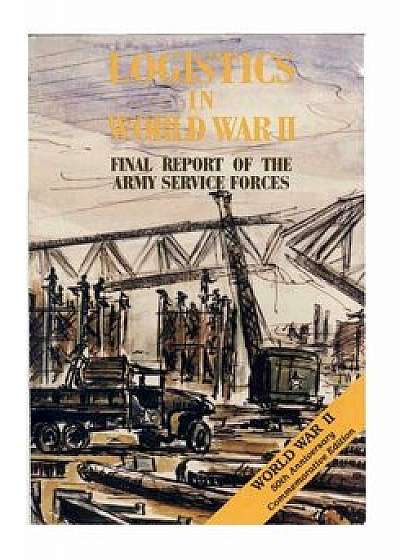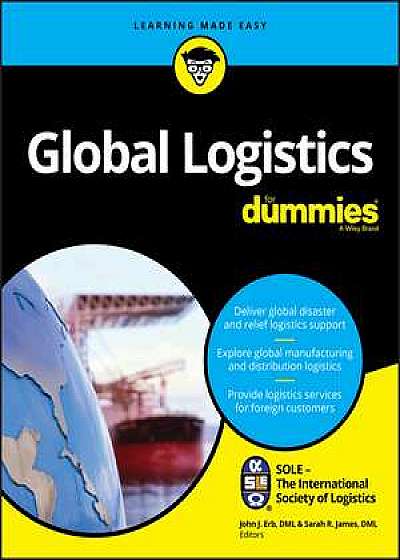
Logistics Competences, Skills, and Training: A Global Overview, Paperback/Alan McKinnon
Descriere
Description Despite the spread of automation and new supply chain management paradigms, logistics remains dependent on a rather specific set of skills and competences, whether for managerial, administrative or blue collar jobs, such as trucking or warehousing. This implies that the logistical performance of businesses, industries and nation states is strongly influenced by the quantity and quality of the workforce. Insufficient resources of a competent and properly trained workforce in logistics adversely affect the quality of service, reduce productivity in sectors dependent on logistics and ultimately reduce trade competitiveness. While other interventions that affect logistics performance, such as international infrastructures, trade corridors, regulations and services have already been reviewed extensively, this report is the first to cover the contributions of human resources and how to develop skills and improve competences, especially in developing countries. The study proposes a framework for the skills needed according to the logistics activity (e. g. transportation or warehousing) or the type and level of responsibilities. Based on several sources, including recent surveys carried out by the World Bank and the Kuehne Logistics University, the report uncovers where the skills constraints are according to the type of job or countries. Findings include that logistics is an industry struggling to hire skilled workers, although with differences between rich countries (where trucker shortages are more acute) vs. developing economies (were managerial shortages are more widespread). Typically blue-collar logistics jobs have lower status and lower pay than blue-collar jobs in other industries, and are thus less attractive for skilled workers. In developing countries with a potentially available workforce, lack of vocational preparation for careers in logistics means that less skilled workers are not easily re-skilled. Logistics tasks at the upper end of the occupatio




